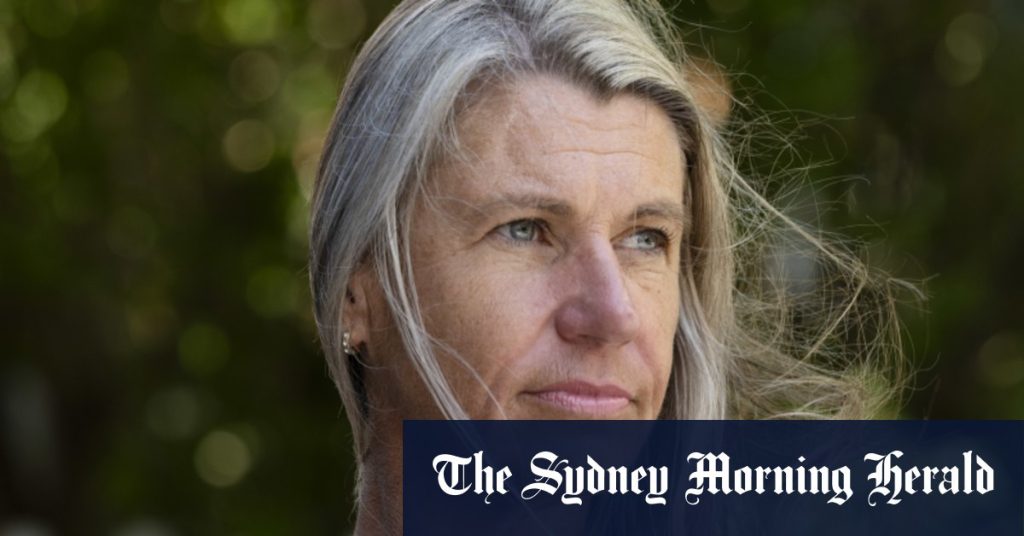The statement made by a victim, Holohan, during a hearing regarding the potential release of a prisoner on parole sparked controversy and debate. The victim, Barlow, expressed her strong opposition to the idea of allowing the prisoner, Holohan, back into the community after he tried to kill her. Barlow highlighted the impact the attack had on her life, stating that she lost her career, cannot smell or taste food, and feels that the perpetrator should serve the entirety of his sentence before being considered for parole. Holohan has a history of misconduct while in prison, including possessing a weapon and refusing treatment for drug addiction. Despite these concerns, the Serious Offenders Review Council recommended Holohan for release to parole.
The Premier of New South Wales, Chris Minns, expressed dissatisfaction with the current system in place for notifying victims of crime about parole hearings. Barlow was only informed of Holohan’s upcoming parole hearing through a friend, leading Minns to call for improved communication and support for victims in such situations. He emphasized the importance of victims being aware of their rights and opportunities to participate in the parole process, without being retraumatized. Minns highlighted the need for a more efficient and supportive system that allows victims to make informed decisions and have their voices heard in parole decisions.
Holohan’s desire to be released on parole was based in part on his wish to reconnect with his community in Nowra. However, concerns were raised about his lack of ties to the community, as well as his tumultuous history in prison. Despite recommendations from various experts and agencies, the State of NSW opposed Holohan’s release, citing his lack of accommodation, family support, and prison record as reasons for concern. Additionally, the fact that Holohan had not been reclassified to minimum security within the prison system raised questions about the readiness for his potential release on parole. The parole authority will ultimately weigh the recommendations and evidence presented during the hearing before making a decision.
The case of Holohan and the parole hearing for his potential release sparked debate about the rights of victims and the effectiveness of the parole system in New South Wales. Barlow’s emotional statement and Minns’ concerns about victim notification highlighted the need for a more compassionate and transparent approach to supporting victims of crime. The decision about Holohan’s parole will have significant implications for both the victim and the community, as concerns about the safety and well-being of all parties involved are carefully considered. The outcome of the parole hearing will ultimately rest on a thorough evaluation of the evidence and recommendations presented, with a focus on ensuring the safety and welfare of all individuals impacted by the decision.


